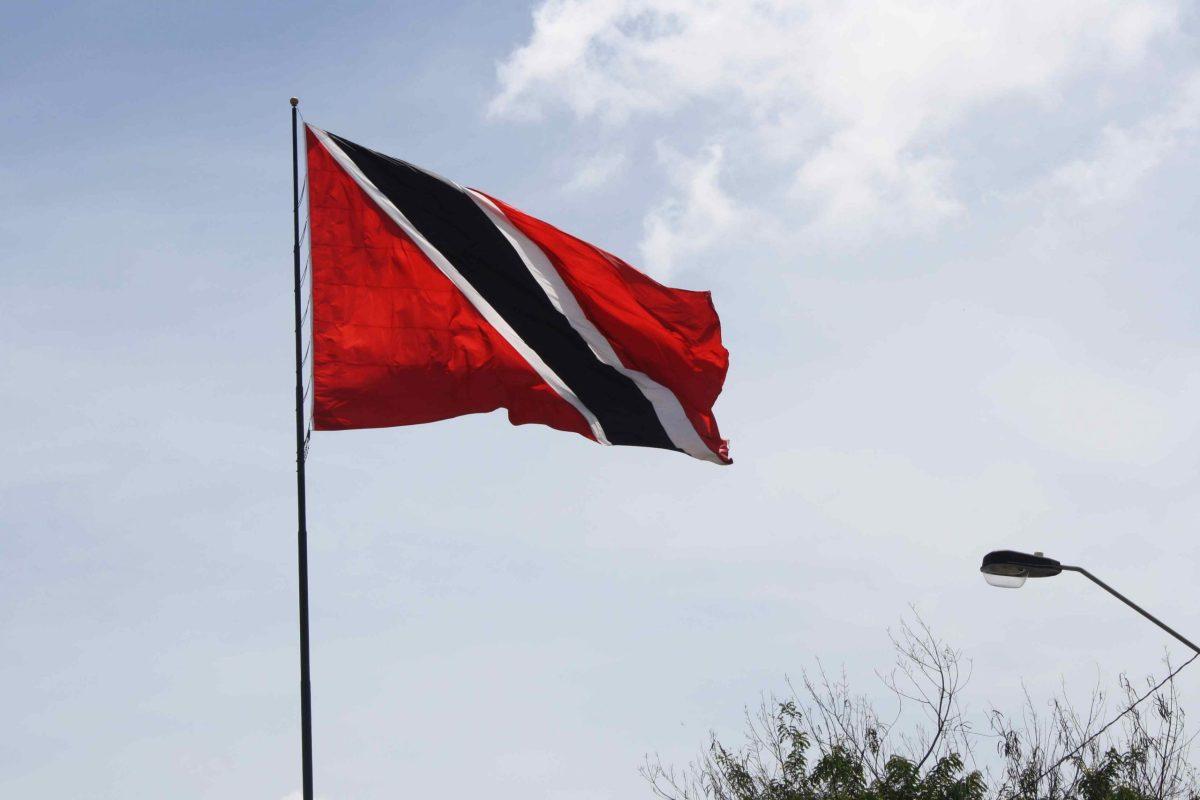
Trinidad to bring home stranded ISIS fighters
A spirited discussion is underway in Trinidad about governmental intervention to bring back more than 100 locals who had idealistically left the southern Caribbean island to fight alongside ISIS in the Middle East in the past decade, and are now desperate to get back home.
A representative team from the Islamic movement on the island has been meeting with top government officials, including Prime Minister Keith Rowley, about the need for state assistance in bringing back the group of mostly women and children—the majority of the men who enlisted to fight were killed or are unaccounted for, officials said.
Senior local Islamists had been persistently lobbying authorities for help, but the government has made it clear that the entire process could be a long and arduous one, because multiple governments would have to be involved, as well as transit stops, airlines, diplomats, and protocol officials, and a host of other systems put in place.
To what extent these governments will cooperate in allowing the group to change their states will have to be worked out. To this end, Rowley has appointed a working group led by former House Speaker Nizam Mohammed to oversee the process and liaise with relatives at home.
Among the nations in the 15-member regional bloc, Trinidad has been known to have sent the largest group of Muslims to join the ISIS cause; 5 percent of the federation with Tobago’s population is Muslim..
Many of the families who made the journey have, over the years, signaled their regrets at having done so and have been languishing in refugee camps for years, widowed and sometimes hungry. For many of them, it is time to come home, but officials are not building up their hopes.
“It is estimated that you have over 100 of our people out there and each one is going to be a special case,” said Mohammed. “Therefore, you can understand how complicated and tedious, possibly a very tedious exercise [this will be]. It is not a simple matter of just taking our people and bringing them back home. All the circumstances surrounding this situation … have all kinds of international implications and the government, though it is committed, has to be very thorough in its approach. It involves international relations, it involves other countries. We’ve got to collaborate and to cooperate, and to seek assistance where assistance is required and that kind of thing.”
Many of those who decided to join up with Islamic State fighters had come from communities in Rio Claro in southeast Trinidad, most of them traveling as families. Police said not a single individual made the trip.
The 15 surviving members include Mohammed, Rio Claro’s influential imam, among the group trying to return home. He has denied helping them make the trip, alleging that they had secretly left the enclave and country for the Middle East.
It is unclear how many have survived the battles. International intelligence officials say that Trinidad is among the hemispheric nations that had supplied the largest numbers of fighters to ISIS.
Trinidad has had some tough experiences with radical elements of the Muslim community in recent decades. In July of 1990, more than 100 members of the radical Jamaat Al Muslimeen sect staged an attempted coup to protest inflation, a shortage of medicines, government policies, and other societal ills at the time. Heavily armed gunmen stormed the parliament, shooting then-Prime Minister Ray Robinson in the leg and injuring others. They also attacked the state television station, the main police facility, and other institutions. Large parts of commercial Port of Spain, the capital, were burned and looted in a week of mayhem that ended with a presidential pardon.
Still, the elderly Mohammed is hopeful that he will once again set eyes on his relatives before he dies, and is heaping praise on Rowley and his cabinet.“I want to personally thank the PM for his decision to bring home these detainees who have been suffering abroad. I am so happy about what he has done. Allah will surely bless and reward him immensely. All I can say is Alhamdulillah [praise to Allah] and praise to the PM,” the Guardian newspaper quoted Mohammed as saying on Monday.
Source » amsterdamnews





